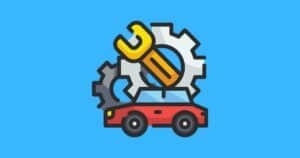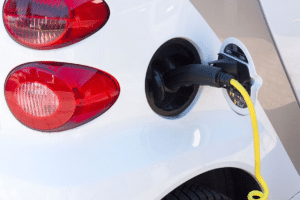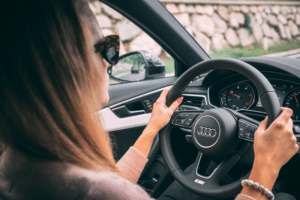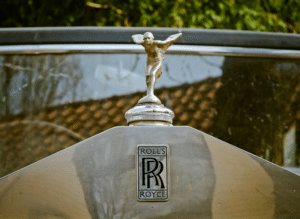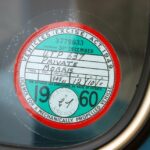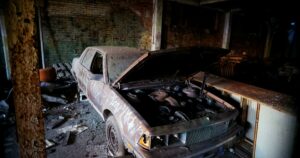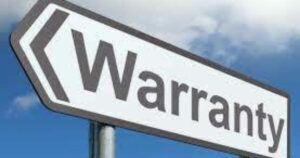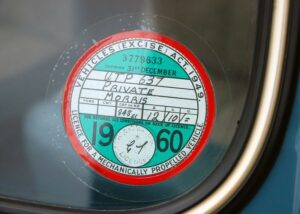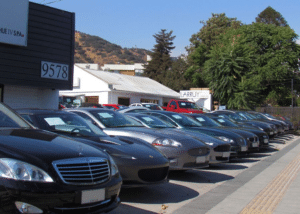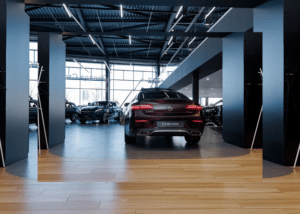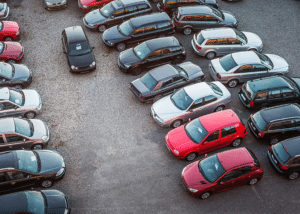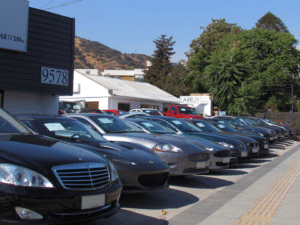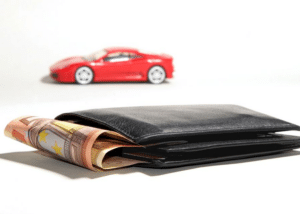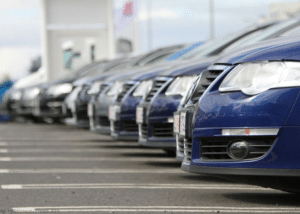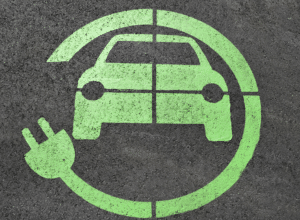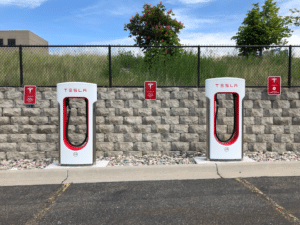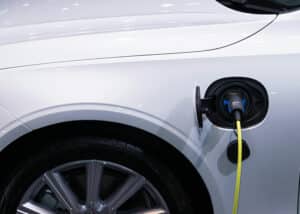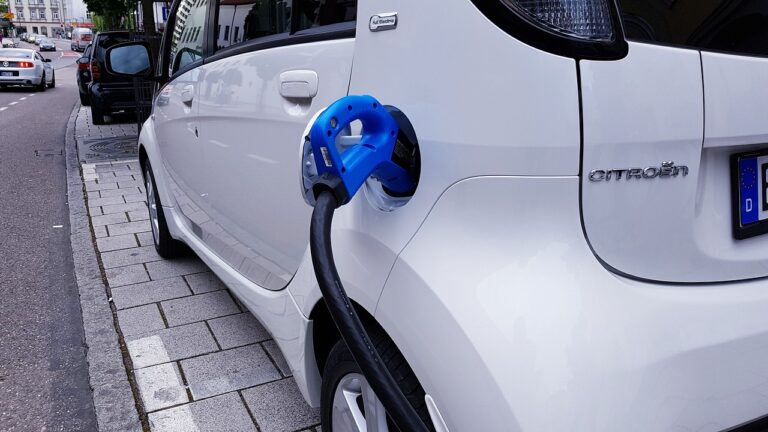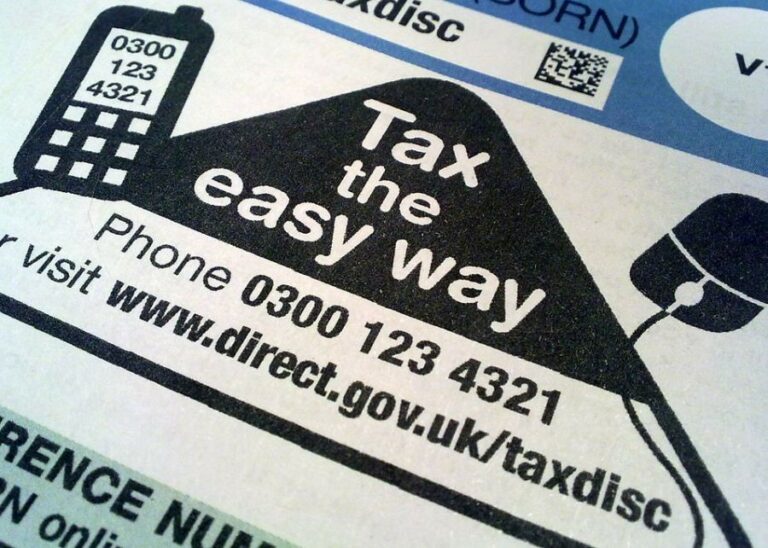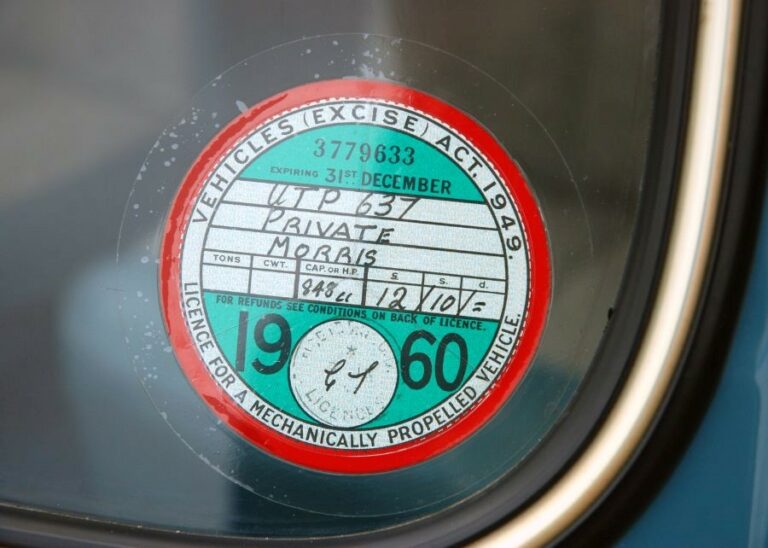It won’t be long before the petrol days are over, but what does this mean for our classic cars? Have they got an expiry date or will they live to fight another day? This is what will happen to your piece of art.
You’ve probably heard about the Government’s big plans for banning the sale of new petrol and diesel cars by 2030 and if you haven’t, where have you been? Who knows how this ban will affect the market, especially where classics are concerned. What we do know, is that there is no need to shed any tears for your beloved classic just yet, you’ll still be able to drive it, even after the ban comes into play and petrol stations won’t be disappearing anytime soon either. Fingers crossed!
We’re on a one-way street to a carbon-free future, which means we’re on the road to cleaner and renewable energy. Sound straightforward? You’d think so, but we still can’t help being fearful that sooner or later we’ll be rid of petrol altogether.
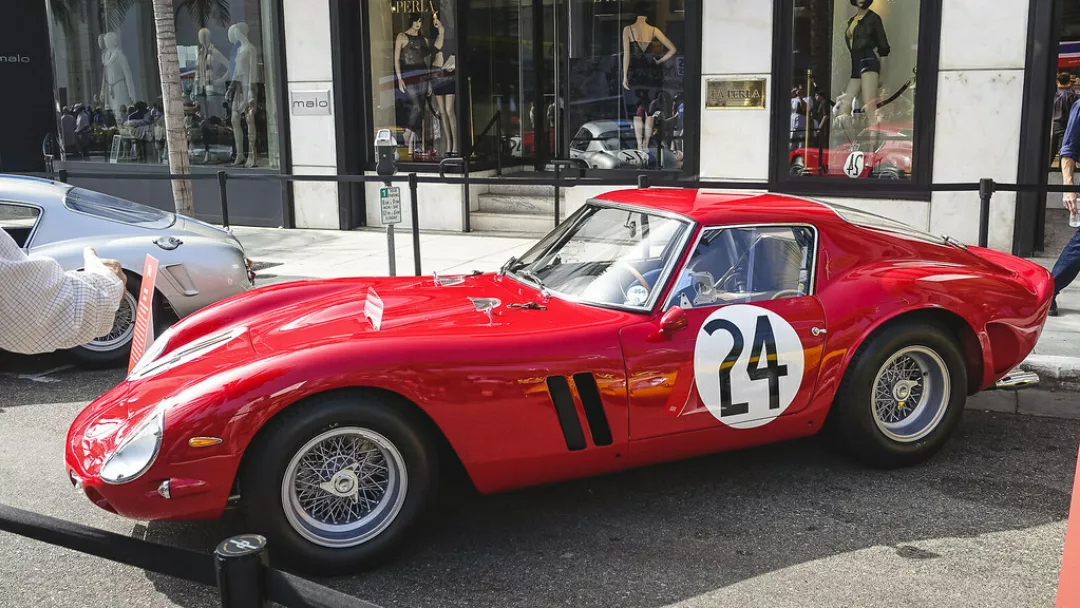
Fast forward 20 years
If we’re thinking about the big picture, classics like your Ferrari 250 GTO and Brough Superior are always going to attract collectors no matter what, fuel or no fuel. Classic cars like these are very rarely driven due to the very nature of the investment. Imagine all the classics that make up the historic movement, what will happen to them? What about the classics valued for the pleasure they are given and the ones that are a serious investment opportunity? They won’t be heading for the skip just yet, we can tell you that much.
A petrol ban won’t make it illegal to own a classic car or maybe even drive it, but when the sale of new petrol cars becomes banned, you know production will eventually drift out, and then what?
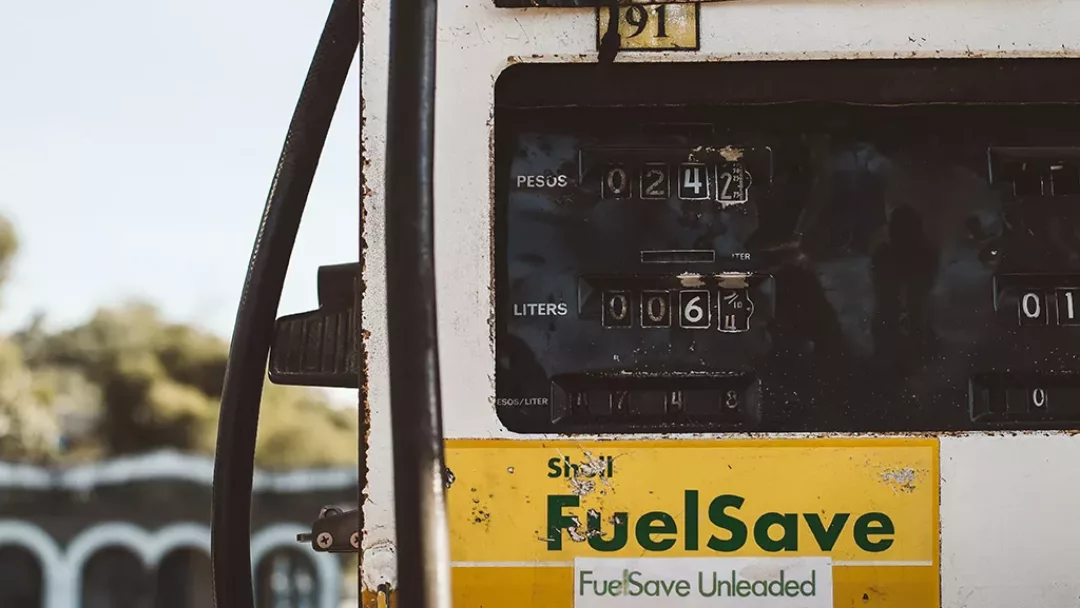
Fuel Prices
The fuel market can sometimes be tricky to predict. Knowing whether or not the price of fuel like petrol and diesel are going to go up would be ideal information for the general public as we’d just fill our cars up when the price is at its lowest. But we can’t always be sure.
The same applies here with the ban of new cars taking effect, we could see that the amount of fuel being produced starts to decrease. It would make sense seeing as though people should be focusing on cleaner energy sources for our electric cars. However, it’s unlikely to be as dramatic as you might be thinking. People will still be able to purchase commercial vehicles powered by petrol and diesel. Similarly, the second-hand market is still going to be around. This means that people will still be able to purchase a second-hand petrol vehicle if they so choose. You must remember that it’s the sale of new cars that the ban affects and so if you still own a petrol car by 2030 or you buy a second-hand one after the date, you’ll still need petrol.
One of the main concerns is that with more and more people moving to electric cars, there will be less of a demand for petrol in the UK. This might mean that the prices go down. Fewer people wanting petrol could result in the price dropping because the companies still want to make money. However, in the long run, there is the possibility that the price increase. If petrol and diesel become somewhat of a ‘speciality item’ there may be more competition for it even with less demand.
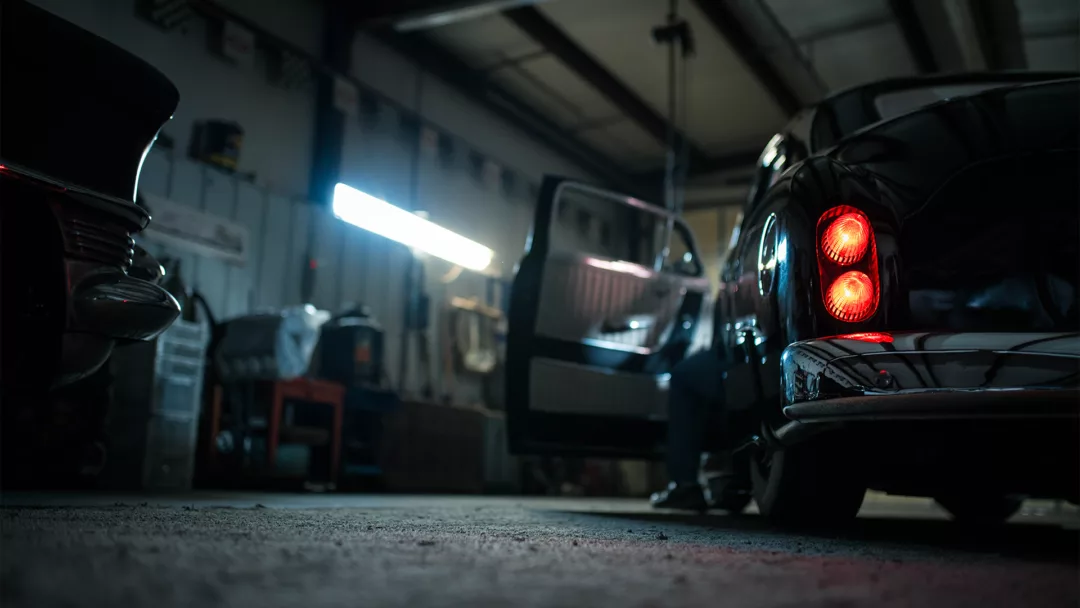
Maintenance & Mechanics
One thing that we can be sure of is that the world is going to change. Whether we like it or not the world moves on and it looks like we’re moving on to electric cars. As the world moves on to electrics, so will car mechanics too, which means less classic car mechanics.
Maintenance-wise, we’re talking a heck of a lot of costs for a classic. Times are changing and the future is moving forward, with or without you. It’s definitely going to be more of a vehicle-on-demand type of world and only classic car enthusiasts will be left holding on to the habit of changing cars. If it’s an expensive hobby your after, then this is it. Classic car owners are living in the golden age and it breaks our hearts to know that the future of classic cars isn’t always going to be sunshine and rainbows.
It’s estimated that the classic car industry is worth around £5 to £7 billion, so it’s unlikely that an industry like this will be ignored when the Government enforces its ban. You don’t need us to tell you how important it is for us classic car collectors to make sure that this sector doesn’t go missing. At the end of the day, classic cars barely make up 1% of all registered vehicles, so their contribution to air pollution is barely anything anyway.
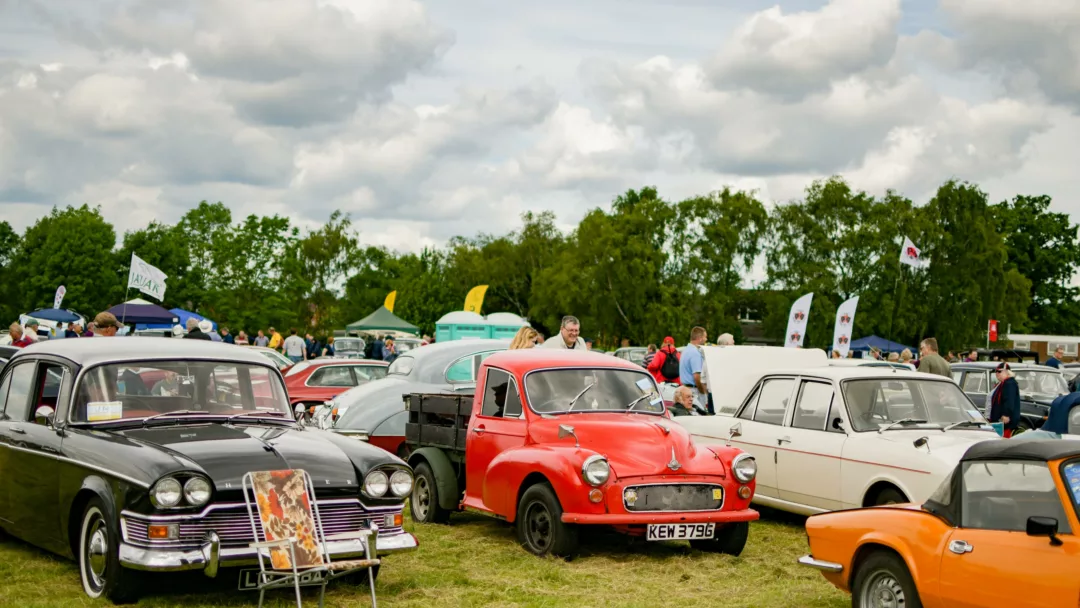
So are the classics going to struggle?
Well, it’s not the end of the road for classics, you’ll be pleased to know. You can still get your motoring fix from them for now and after that, it’s an opportunity for carmakers and classics to embrace their heritage and re-live the epic that is the classic engine.
While historic owners don’t need to consider selling up just yet, there’s no doubt the industry will change as a result of the pending petrol ban. Let’s just hope the Government are as supportive of classic cars as they are over the petrol ban.
If you’re really in love with your classic car but you’re not too bothered by the petrol it uses, you might want to consider converting it to an electric classic car! There are companies out there that will help you, or you could give it a go yourself.

